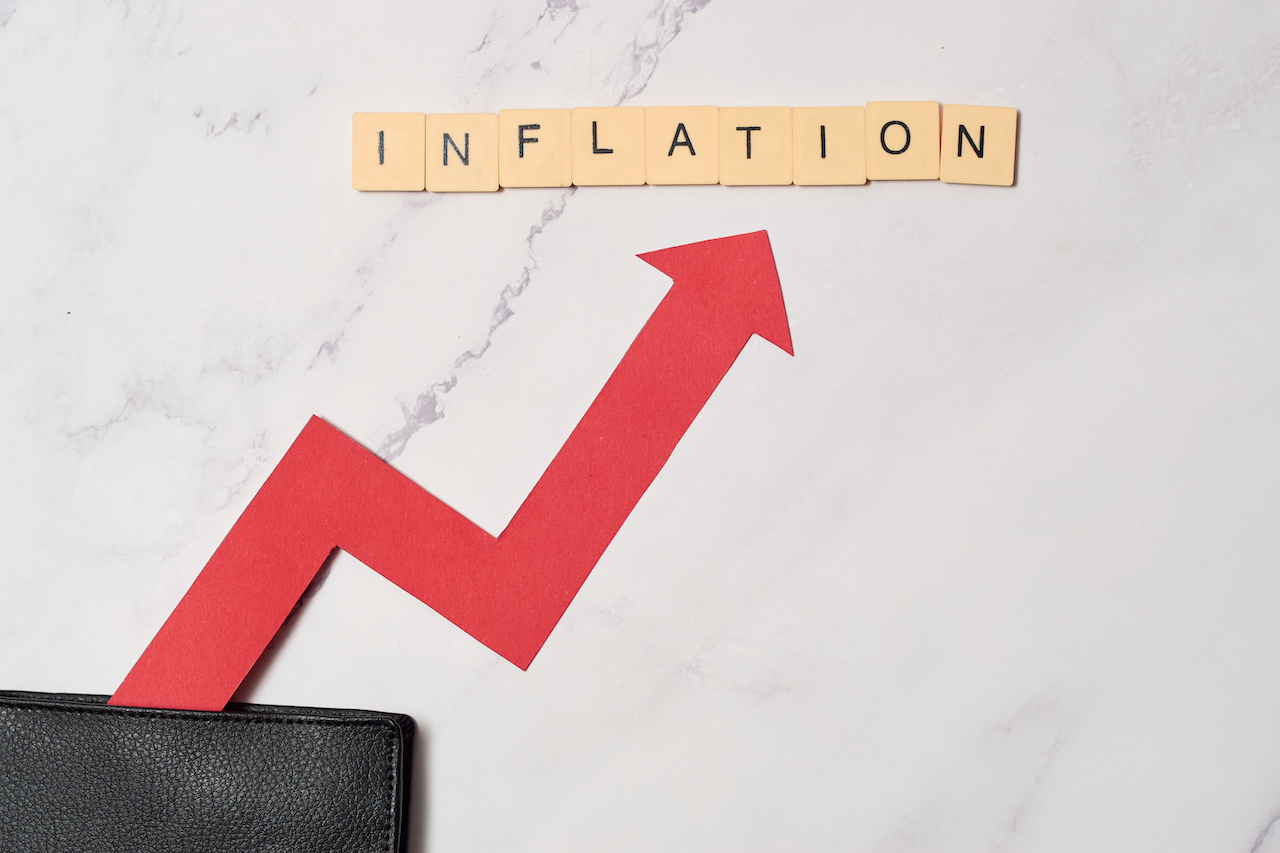If you’re a self-employed freelancer or contractor, or you run a small business, then you will have to raise your prices from time to time.
This can be a difficult thing to broach with your existing clients, particularly if you’ve been working with them for a while. So in this post we’ll discuss some effective ways to tell clients your prices are increasing.

Should Freelancers Increase Their Prices?
Yes. If you don’t periodically increase your prices, then you may be selling yourself short. The effect of inflation means that the prices of goods and services can vary significantly from one year to the next. If nothing else, the prices you charge should change in line with inflation.
Otherwise, you could end up charging a fee that gives you less than you’d get on minimum wage.
But apart from this, as your business grows, so will your profile and, possibly, your overheads. And if you keep doing something at a professional level, then your skills are going to improve too.
We have guides on our site to setting an hourly rate as a contractor or as a freelancer. In each case, a key consideration is this:
Your Experience Makes You Worth More
Say you’re a freelance photographer, for example. An experienced photographer can, and should, charge more than a photographer who’s just starting out. Clients will be willing to pay more for a product or service if they know they’ll get their money’s worth.
And if you’re good at what you do, then you can justify a periodic price hike.
Will Increasing My Prices Make Me Lose Clients?
This is why some freelancers, contractors and small businesses are reluctant to increase their prices. While most customers understand that the price of any product or service can rise, some may be priced out by increased charges.
Also, if you increase your prices, but your competitors continue to charge less, then there’s a risk you may lose some of your clients to your competitors.
Not all of your clients or customers will be happy with a price rise. But if you can justify increasing your price, and communicate the rise as effectively as possible, then the majority of your customers should be willing to pay. And if you lose some? Well, perhaps your price rise can cover the loss of income. You could end up getting the same money – or more – but for doing less work.
Will Increasing My Prices Help My Business Grow?
You might also worry about winning new clients with higher prices, particularly if your competitors keep their prices low. But as we said in our guide to setting your hourly rate:
“If you’re worried that your hourly rate will put off potential clients, don’t! Understand your value and understand that there will always be someone charging less than you. But clients who continuously opt for the cheaper option will eventually realise that they get what they pay for. They’ll eventually learn that, if they want the best, then they should be prepared to pay for it.”
How To Tell Clients Your Prices Are Increasing
Some freelancers, contractors and small businesses take a subtle approach to announcing their price increases. They might include a short note along with an invoice or as part of a shipment.
This approach can work, so long as you:
- Effectively justify the price increase. For example, you could mention inflation, or increased production or delivery costs.
- Provide customers with a means of discussing the price rise with you. Contact details in the invoice or shipment will help here.
However, this is an area where your customers will really appreciate the personal touch. Whether you send a letter, an email, or even make a phone call, taking the open, honest, and personable approach could help you retain some clients who might otherwise resent a price rise.
What To Say To Clients When Announcing A Price Rise
Whether you send an email, a letter, or make a phone call, try to include the following:
- Thank the customers for their loyalty and support.
- Introduce the price rise as soon as you can and give specific figures.
- Provide a clear and concise reason for the increase.
- Provide a means for customers to ask any questions and be prepared to answer any questions they might have. Total honesty and transparency it vital here.
It’s best to take a positive tone. Don’t get defensive and offer explanations instead of excuses. Also look for ways you can outline how this price increase might benefit your customers. For example, you might say “this will ensure we can continue to deliver the same quality of service you’ve come to expect from us.”
When To Announce A Price Increase to Customers
The more notice you can give your customers, the better. With advanced notice, your clients and customers can effectively budget for the change, which might make it less likely that you’ll lose any business as a result of the increase. One month’s notice should be enough for most customers.
Though you can announce a price increase whenever you need to, customers might be more understanding if the announcement comes as the start or end of a financial year. This is a time when a lot of businesses consider their turnaround and overheads.
Additional Support For Freelancers, Contractors, and Small Businesses
No freelancer, consultant or small business should be without some form of insurance cover. Insurance acts as an essential safety net, ensuring that no matter what happens, you’ll be able to continue trading, and to bounce back from any crisis or setback.
At Tapoly, we specialise in providing comprehensive and affordable insurance for freelancers, contractors, and freelancers. Our flexible tailored cover starts at just 50p a day, and you can get a free quote online in minutes.
If you have any questions, or you’d like to discuss your options, you can contact the Tapoly team at info@tapoly.com, call our info line on +44(0)207 846 0180, or use the chat box on our website.

